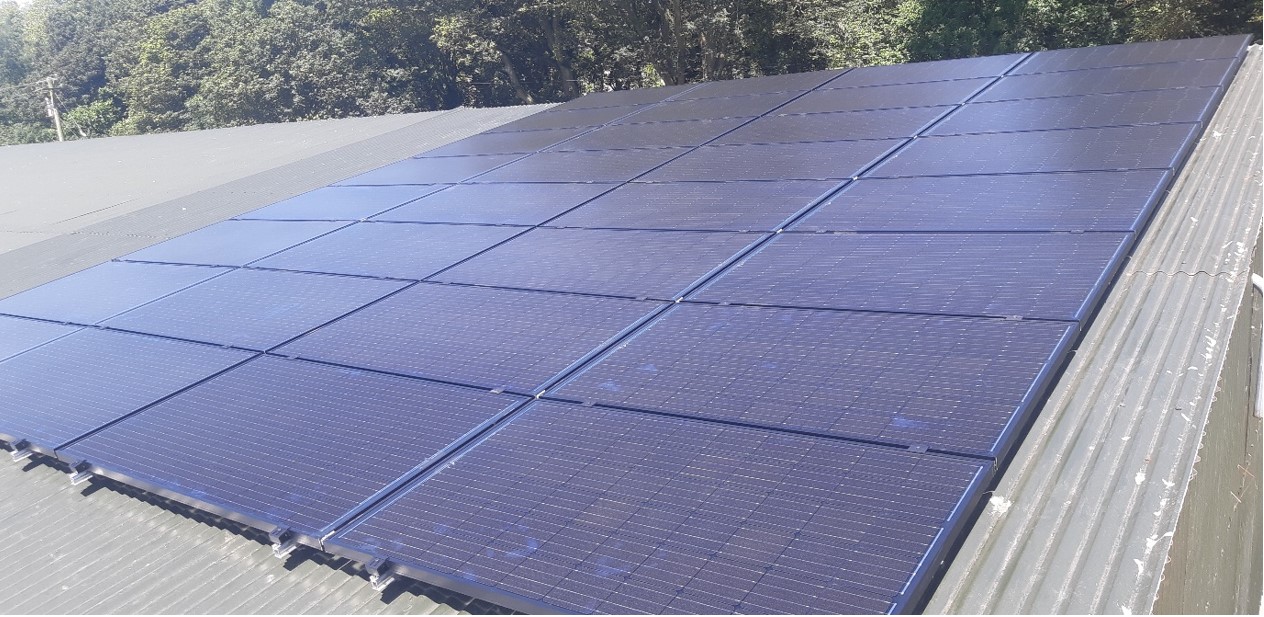VAT on solar photovoltaic (PV) installations on farms, homes and businesses must be reduced by the government immediately, an industry group has demanded.
The Micro-Renewable Energy Federation (MREF) is calling for a decision by EU finance ministers to reduce VAT on solar PV panels on private homes and public buildings to be implemented here.
The Council of the European Union this week updated and modernised the list of goods and services for which reduced VAT rates are allowed, including solar panels.
The council will formally adopt the directive after the EU Parliament has issued its opinion on the proposal.
Solar PV
MREF chairman, Pat Smith said that member states now have the scope to apply reduced rates of VAT as low as 5% on solar PV equipment; a rate of 13.5% currently applies to the panels.
Smith said the VAT reduction “would represent a clear statement of intent by government of its commitment to drive the transition to renewable and more sustainable energy sources for homes and businesses”.
The MREF has written to the Minister for the Environment, Climate and Communications, Eamon Ryan, urging him to implement the EU decision immediately.
The group has also called on Minister Ryan to review the current grant rate for solar PV installations, as inflation is causing a rise in costs.
Surplus energy
Meanwhile, the Micro-generation Support Scheme (MSS), which will cover domestic, agricultural, commercial and school installations up to 50kW, will go to government shortly.
The scheme, which will outline a framework for farms, homes and businesses to sell surplus renewable energy they produce back to the national grid, is expected to be available for entry over next summer.
The Commission for Regulation of Utilities (CRU) also recently outlined how the separate Clean Export Guarantee (CEG) payment will operate.
The interim arrangement is set to ensure that consumers, including those with microgeneration installed, are paid at market rates, for surplus electricity they export to the grid.
The Department of the Environment, Climate and Communications has said those who generate less than 400kW will be eligible for the CEG, which is expected to be available from January or February 2022.
